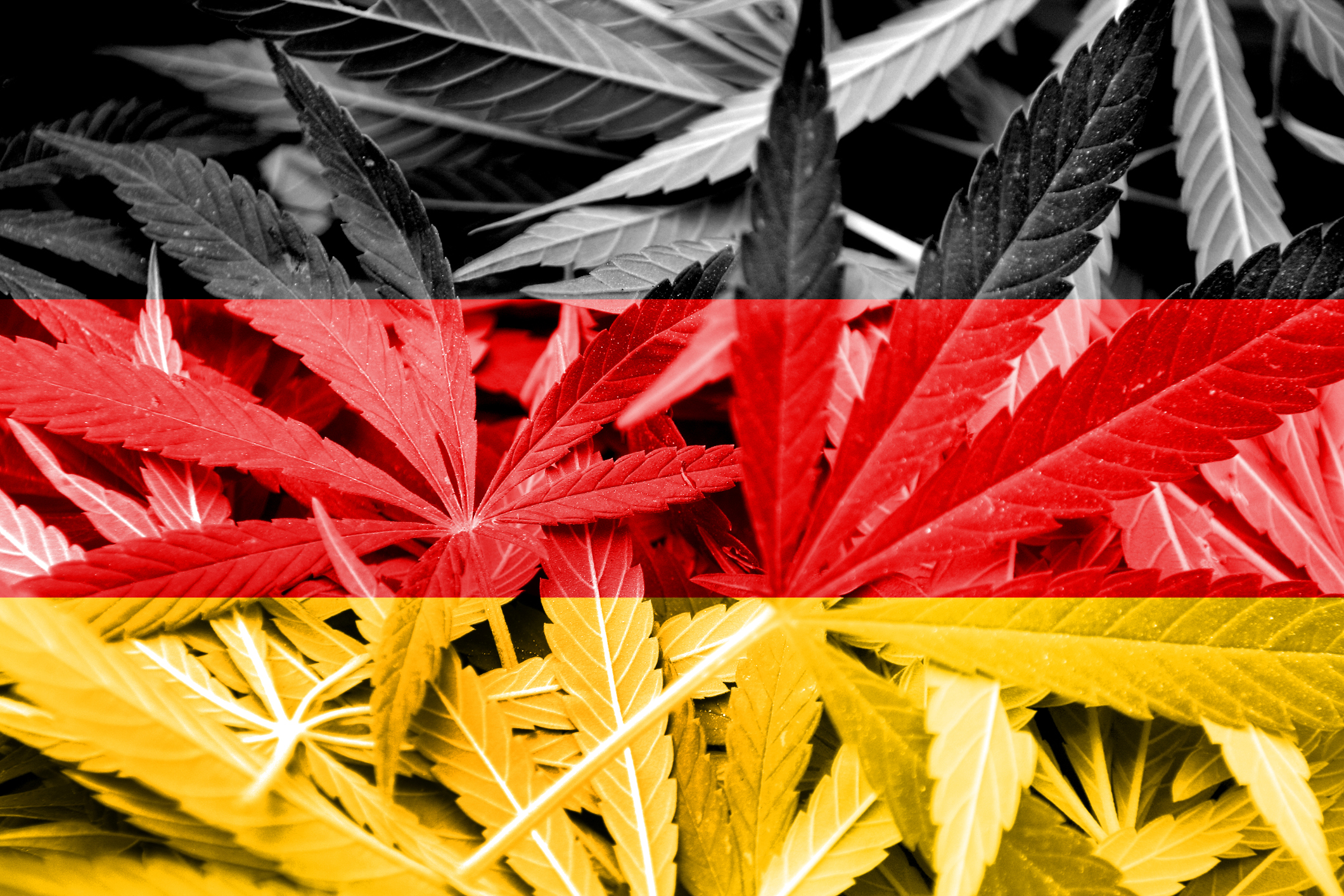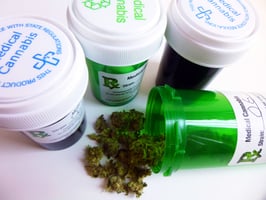Broughton's Regulatory Operations Manager, Emily Saunders discusses the key themes from Cannabis Europa 2022.
German cannabis legalization is on the way but how will it look?
Cannabinoids

Jul 21, 2022 | Published by Emily Saunders
Cannabinoids
Broughton's Regulatory Operations Manager, Emily Saunders discusses the legalization of recreational cannabis in Germany and what this means for businesses.
The legalization of recreational cannabis in Germany is the talking point of the industry and everyone is wondering what model regulators there will follow to ensure success. Or perhaps just avoiding some of the problems others have experienced is the more realistic ambition.
The current German coalition government this week concluded the last of five public hearings and appears to be going ahead with its plans announced in 2021 to legalize recreational cannabis via controlled distribution. The government is looking to push ahead with a draft bill towards the end of 2022 with the hope that legalization will occur by 2023. However, there is a great deal of uncertainty as to how this will be implemented and issues such as youth access remain a key concern.
There are many factors that the government is going to have to consider such as supply, distribution, and prices to be able to compete with the well-established and highly effective cannabis black market. Coming after other programs to legalize recreational cannabis in other countries, Germany has the advantage of being able to see what works and maybe more importantly, what hasn’t. For example, in California, the struggle for legal cannabis suppliers to compete with the black-market cannabis supply and pricing levels is proving to be extremely tough and may be impossible to win. The challenges of building production capacity to meet the needs of a market as big as Germany, along with different government ministries needing to work together to facilitate multiple legal and regulatory changes, as well as ensure the safety and quality of products are all huge potential obstacles that will need to be overcome. In addition, they will also need to clarify import and export regulations and tariffs.
If they do move forward with legalization as announced, at least the German economy should gain a sizeable boost through new tax intakes.
Removing barriers
For Germany to make the legalization of recreational cannabis a reality, legal as well as regulatory barriers will have to be removed. The main one of these is the 1961 UN convention on narcotic drugs that restricts the cultivation of the cannabis plant. Removing this will follow in the footsteps of countries like Canada, which also stepped away from the convention as it moved to legalize recreational cannabis use. However, some experts believe that as more countries look to remove or ignore the convention it will probably lead to its reform.
Services to your door
One of the main drivers for pushing ahead with legalization in Germany is to replace the rampant cannabis black market. To compete with this, there is a growing call for new regulations to include online sales and Uber-style apps and delivery services. If a drug dealer on the street corner can get cannabis to your door in 10 minutes, it is unlikely that consumers will be willing to travel from their homes to attend a dispensary or state-certified retail outlet.
Youth access is a key topic across many areas of product regulation and the ease with which young people access adult-only products such as alcohol and e-cigarettes are always a concern for regulators. There is a similar concern when debating the legalization of recreational cannabis. There will need to be a system of age and identity verification whether products are purchased from licensed shops or ordered online and delivered directly to a consumer’s door. There may also need to be regulations in place to prevent third parties from purchasing on behalf of others.
Moral obligation
The recent public consultations in Germany have taken place with growers, health professionals, and economists with the government attempting to cover all bases in terms of opinions and fact-finding. However, the moral question about whether to go down the route of wholesale legalization of recreational cannabis and the impact this may have on better research into medical cannabis applications seems to have been lost in the details of what the regulatory framework may look like. Blanket liberalization of recreational use may reduce interest in new clinical research into medicinal cannabis applications.
This is even more important as many feel the regulatory framework adopted by Germany is likely to be embraced by other European countries if it is successful. The German health minister has been quoted as saying that they are taking a ‘safety first approach’ and committed to controlled distribution – but only time will tell whether this is possible, it enables them to replace the black market and helps society access new opportunities for medical discovery.
How can Broughton help?
As the holder of a UK Home Office controlled drug license, we offer a wide range of services for cannabinoids.
- Regulatory consultancy currently focused on EU and UK cannabis regulation
- UK and EU Novel Food Application scientific consultancy and analytical testing support for full applications, filling gaps in an existing application or responding to a deficiency letter from regulatory authorities
- Stand-alone toxicology consultancy services
- Stand-alone stability study services
- Product realization services such as designing for regulatory approval, gap analysis for chosen regulatory pathways, product optimization, reformulation, etc.
- Method development, validation, and technology transfers
Contact us to book a meeting.
Can we help you?
Broughton is an independent life sciences contract research organization serving a global roster of clients from the UK, Europe, North America, the Middle East, Asia, and Australia. We offer high-quality in-house analytical testing services integrated with scientific consultancy and global regulatory support. Our in-house laboratory testing facilities are GMP compliant and ISO/IEC 17025 accredited. We are regularly inspected by the Medicines and Healthcare products Regulatory Agency (MHRA), the US Food and Drug Administration (FDA), and the United Kingdom Accreditation Service (UKAS).
With over 15 years of scientific experience and a world-leading team of scientific and regulatory consultants, we support our partners in bringing innovative products to market to deliver better health outcomes.
Book a meeting with us today to discuss your requirements.


